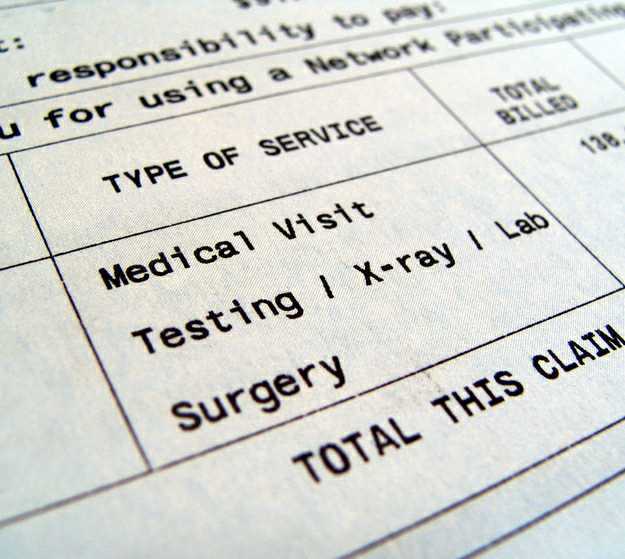The most dangerous jobs of 2020

No matter where you work, there is always the likelihood of sustaining a serious injury on the job. Some industries are generally more dangerous than others, however.
EHS Today has once again released its yearly top 10 ranking of the most dangerous jobs in America. The ranking was based on 2018 workplace injury and fatality data from the Bureau of Labor Statistics (BLS). The same occupations on this list were also listed in previous years.
COVID-19 can change this ranking significantly in the coming years, however. For example, in 2022, we could see healthcare occupations listed within the top 10 most dangerous jobs. In the meantime, the list has stayed consistent for several years.
What are the most dangerous jobs?
According to the BLS data, 2018 saw a two percent increase in workplace fatalities from the previous year (5,147 to 5,250). The ranking was based on workplace fatalities per 100,000 full-time workers across the United States.
The most dangerous jobs based on that data include:
- Logging workers — 56 worker fatalities in 2018/fatal worker injury rate of 97.6
- Fishers and fishing workers — 30 worker fatalities in 2018/fatal work injury rate of 77.4
- Aircraft pilots and flight engineers — 70 worker fatalities in 2018/fatal work injury rate of 58.9
- Roofers — 96 worker fatalities in 2018/fatal work injury rate of 51.5
- Refuse and recyclable material collectors — 37 worker fatalities in 2018/fatal work injury rate of 44.3
- Truck drivers — 966 worker fatalities in 2018/fatal work injury rate of 26
- Farmers, ranchers and agricultural managers — 257 worker fatalities in 2018/fatal work injury rate of 24.7
- Iron and steel workers — 15 worker fatalities in 2018/fatal work injury rate of 23.6
- Construction first-line supervisor — 144 worker fatalities in 2018/fatal work injury rate of 21
- Landscaping first-line supervisors — 48 worker fatalities in 2018/fatal work injury rate of 20.2
What injuries do workplace accident survivors sustain?
Those who work in these industries and survive devastating accidents often suffer from severe injuries and disabilities. These include:
- Severe traumatic brain injuries
- Bone fractures
- Spinal injuries
- Crushed limbs
- Soft tissue injuries
- Amputations
- Lacerations
- Paralysis
If you were hurt on the job, you may be wondering how you will afford to pay for your medical bills. You may also be wondering how you will afford to make ends meet if you can’t return to work or perform the same job functions.
The good news is that you may be eligible to receive workers’ compensation benefits after a workplace injury. Workers’ compensation pays for medical expenses and lost wages while you’re unable to work. Getting the compensation you need won’t be easy. Any errors on your paperwork or other glitches during the claims process can lead to the insurance companies denying your compensation.
That’s why you need a strong legal advocate on your side who can ensure that the process goes smoothly and you are treated fairly. To learn more, contact The Law Offices of Deborah G. Kohl and schedule your free case evaluation.

